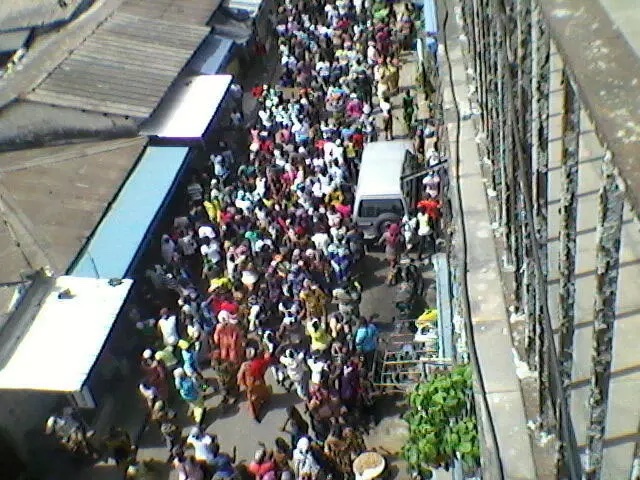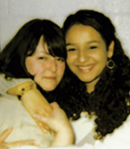Some may call this past week in South Africa a turning point. I won’t. Because I think we are probably embarking on our fourth or fifth concentric circle now. It’s so dizzying and I have lost count. Racial identities and identifiers twirl in a myriad of hues in this rainbow nation. So while leading political figures point accusing fingers and shout you are colored, you are black, but not quite, you are a gangster, you are a racist, I am left reeling and wondering who I am.
Some years ago it was all crystal clear. I knew that I was a South African fighting the evil of apartheid. Although I ate curry and rice and spoke Tamil, I knew I was not Indian. Some weeks ago I was sitting in the steam room and was trying to chill out by adopting a meditation pose, closing my eyes and desperately trying to ‘smile with my liver’ as Julia Roberts advised in ‘Eat, pray love’, I sensed a small movement to my right. Not assuming this to be any kind of political positioning I was mildly taken aback when a strong and delectable Indian accent accosted me with the words: “Are you from India”.
True, I was wearing bangles. True I had a Lutchmi red string on my hand. True I had a coloring that could be construed to be originating somewhere in India (nobody in my family actually knows where and this has not unduly disturbed us, nor has it been of any interest to us). I was quick to say no I was not and that I was (I think) fourth generation South African. It turns out of course that my detractor was indeed Indian, no less than the wife of the deputy ambassador to South Africa, a lively and wonderfully engaging woman who was fun to talk with. She was quick to apologize for the assumption that I was Indian (perhaps the steam room did not quite warm up the chill in my reply) and said she had noticed my bangles and thought that I may have been from Indian. Good diplomatic training. Given that we are all sitting around naked in the steam room, bangles could probably pass for one of the few legitimate items we could focus on, without crossing any borders, imaginary or otherwise. We laughed about family, about her mother the strong and powerful women in her life, her own determination that one child was enough, her love of having her own job despite being a ‘diplomatic wife’. I secretly chastised my own preconceptions that expected from her a bride like shyness found only in Bollywood movies. And so a friendship was born. We exchanged advice on where to buy good fresh fish, how to survive Pretoria and promised each other that we were going to knocks the socks off the other in the next cricket season. I was proudly South African.
This week as I read the vitriolic attacks among leading political figures I find no place to belong. In the accusing voice of “you” reverberating though my country, while masculine and political posturing signal ever increasing battle lines, I wonder who ‘we’ are. There is no longer an ‘us’. What is the legacy I hand over to my amazing daughters?



